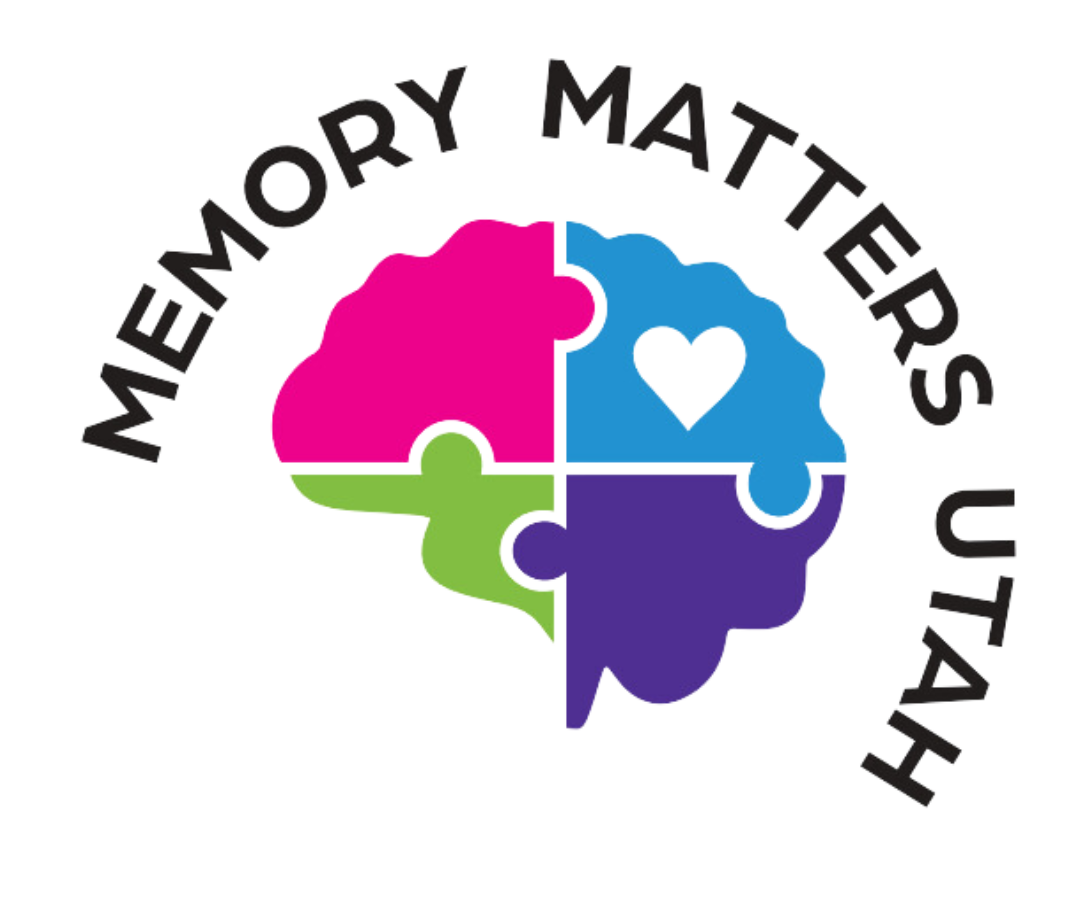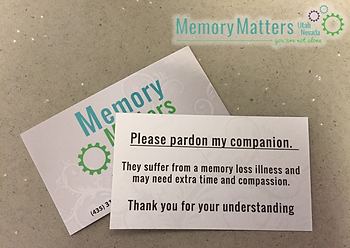There’s a warning sign at our local airport. I suspect it was inspired by a conversation a staff member had with my mother.
Some years back, post 9/11, I was queueing with Mom at the airline ticketing counter. As I lifted her luggage onto the scales, the friendly staffer asked whether Mom had packed her own bags. At that point, my mother had been experiencing memory problems for several years.
“What sort of question is that?” she inquired.
“Just a security question, Ma’am.”
“Security?” said Mom. “For heaven’s sake!”
My mother can be quite witty—biting even. But in this situation, where she was completely oblivious to the context, it wasn’t the least bit funny. Things got worse when I tried to explain about the terror attacks.
“Of course I’m a terrorist—my bag is absolutely full of bombs!” Mom said sarcastically.
We were immediately marched off to the emergency counter for more detailed questioning. Once there, I whispered something about Mom having Alzheimer’s disease and all was forgiven.
The next time I visited the airport, there was the sign: “We take all jokes about security seriously. Police/authorities will be informed and criminal charges may apply. Your safety and security is our priority.”
Memory problems can get you into some sticky situations. As a caregiver, it’s hard to know what to tell people. Failing to forewarn others can be distressing and confusing for all concerned, but sometimes I feel resentful. Surely I shouldn’t have to tell people. Things should just unfold naturally without me prefacing every situation with an explanation of Mom’s condition. Regardless, I’m going with the “forewarned is best” policy more often than not these days. This is for my own sake and Mom’s.
I’ve discovered that if people know she has memory problems, they figure out how to have a mutually enjoyable conversation a lot more quickly. It helps them skirt around those awkward moments where you can see them thinking, “I thought I just answered that.”
Of course, you can’t prepare everyone, and you shouldn’t have to, either. But for those tricky occasions when you’re dealing with a shop assistant or a ticketing officer, it’s great to have something up your sleeve. My trick is a small business-sized card courtesy of my local Alzheimer’s organization. When things are going awry, I slip it out of my wallet and discreetly slide it across the counter to the person we are working with. It says, “My companion has an illness which causes memory loss and confusion. Please excuse any unusual behavior.” The customer service is transformed and Mom doesn’t notice a thing. I wish I’d had it with me that day at the airport.
If you would like “Companion Cards” like the one mentioned in this article, visit the Memory Matters office at 168 North 100 East, Suite 104, St. George, Utah 84770 or contact us at 435.319.0407; email: memorymattersutah@gmail.com. Memory Matters also sponsors weekly and monthly support groups for caregivers in St. George, UT, Mesquite, NV and surrounding areas.

